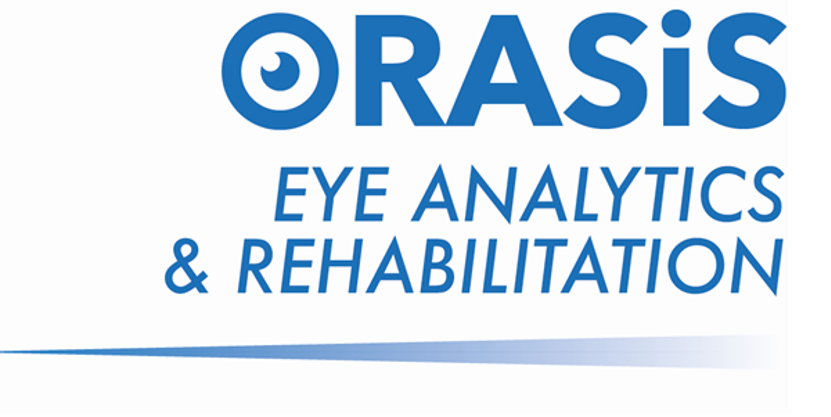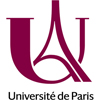
The practice of orthoptics today
A study by Orasis-EAR
The profession of the orthoptist is in full transformation and regulations are evolving. Many people, children and adults, need support and care addressing neurological, vestibular and cognitive disorders.
Vision is central to these disorders and influences the quality of life.
Who we are
Throughout her scientific career, Zoï Kapoula, research director at the CNRS, specialized in the neurosciences of binocular eye movements, has carried out research in cooperation with orthoptists and ophthalmology departments in Quinze-Vingts, HEGP and Necker hospitals in Paris.
This allowed for an in-depth understanding of the needs of orthoptists and the pathophysiological complexity of patients.
At the end of his scientific career, Zoï Kapoula created a start-up, Orasis-EAR (Eye Analytics and Rehabilitation) whose objective is to apply scientific knowledge and technological innovations to diagnostic and treatment tools.
Our objectives
Zoi Kapoula invites you today to participate in a survey, divided into two parts, the neutral part and the exploratory part (3min each), and which has a double objective:
• Detail the wealth of clinical activities of the orthoptist;
• Specify the contributions of the different actors: prescribers, practitioners, patients.
The study also aims to briefly present the technologies that we are implementing and to benefit from your opinion.
This survey will be administered in several countries.
The summary of the anonymous results will be communicated to all those who participate in both parts of the questionnaire. We thank you for your attention and take advantage of this summer period to better prepare our future.
Our partners
We are supported by the RISE CNRS Innovation program, Telecom ParisTech, Université Paris, French Tech and BPI France.





Page 1/6